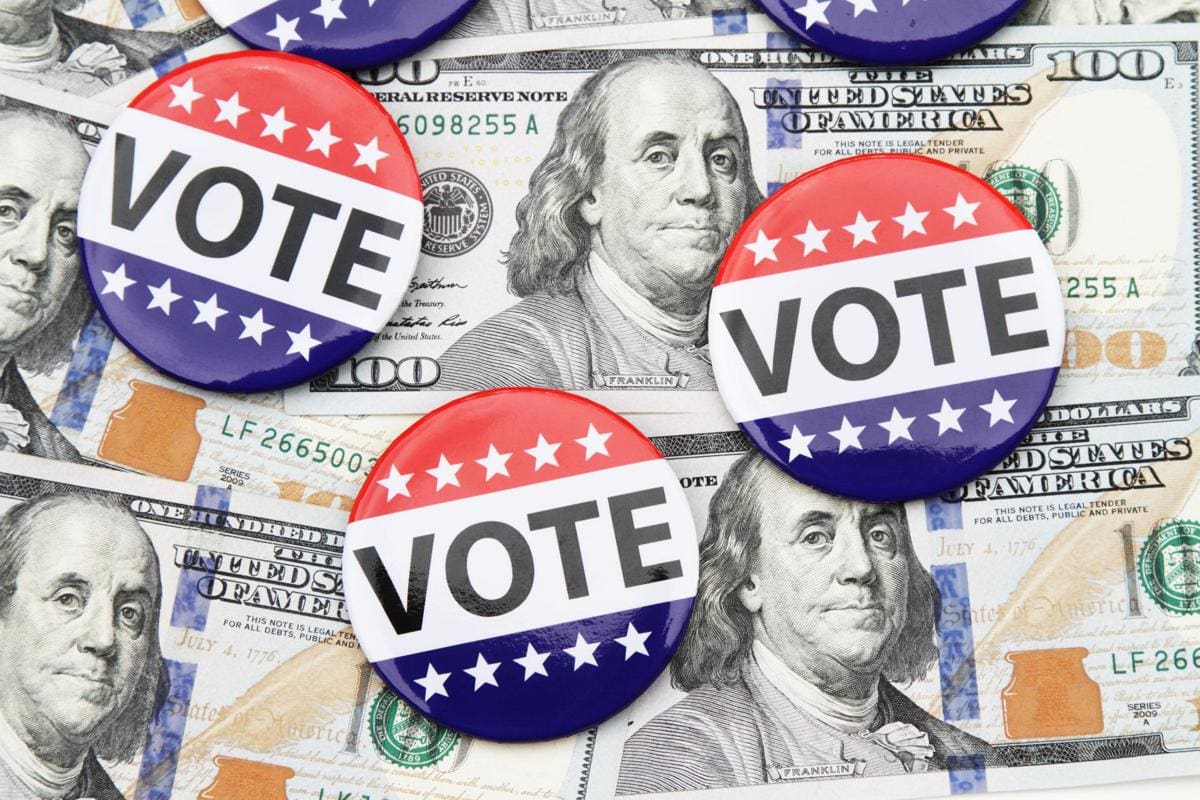History shows that off-year elections have relatively low turnout. So why do elected officials so often opt to hold elections, such as bonds and other tax increases, in those years? A glimpse into Harris County’s most recent election results may reveal an ugly truth behind those decisions.
In many areas across Harris County, that low turnout led to a select few people passing hundreds of millions of dollars in debt, with one municipal utility district passing nearly $200 million in bonds, with only two ballots cast.
Municipal utility districts, or MUDs, are taxing entities created for the purpose of funding utilities, usually in a developing area. One problem that has been increasingly exposed in recent years is a scheme whereby developers are taking advantage of Texas’ ambiguous voter residency requirements by moving voters into an area for the sole purpose of approving bonds.
MUDs are classified as special purpose districts created through legislative action – often by developers lobbying state lawmakers – with the intended purpose of developing undeveloped areas. The boundaries are often drawn to exclude all voters so that the developers have control over who is in the district. Hand-picked temporary voters then approve taxes, pass massive debt, and appoint favorable members to the board of directors.
Across Harris County, MUDs and other districts passed over $500 million in debt on November 7, often with just a handful of voters.
Harris County MUD 61 approved multiple bond propositions totaling more than $190 million with only two voters. Only two registered voters live within the district’s boundaries so, technically, the district had a 100% turnout.
On the other hand, the Mount Houston Road MUD passed $121 million in bonds with only a .59% turnout. Of the 1,687 registered voters in the district, 18 voted in favor and eight voted against.
Stafford Municipal School District passed a $62 million bond with only six ballots cast in favor.
For most of these district bonds, the postings were ambiguous at best and some don’t have election information on their website, if they even have a website at all. One local paper reported that a MUD sent one mailer to homes in the area alerting them of the election, but didn’t provide specifics of what they would be voting on.
In recent history, the only ones prosecuted for violating the state’s lax voter residency requirements were, ironically, activists who moved into the district to vote against the bonds.
A handful of voters, who likely moved into the district for the sole purpose of approving debt in the form of hundreds of millions in bonds, should not be acceptable. If the developers default on their debt, or the development doesn’t pan out, the burden falls on county taxpayers who had no say in the matter.
Texas currently has over $190 billion in local debt, only second to New York state, and over the last decade that debt has grown by 144 percent. That $7,505 per capita shows no signs of going away any time soon.
The state should strengthen voter residency requirements so as to prevent developers from cashing in on these rent-a-voter schemes and they should also bolster election notification requirements. One mailer or one post on a hard-to-navigate website shouldn’t be sufficient to hold an election that can have far-reaching implications. That two people can pass over $100 million in bonds should alarm everyone regardless of their knowledge of local debt.




